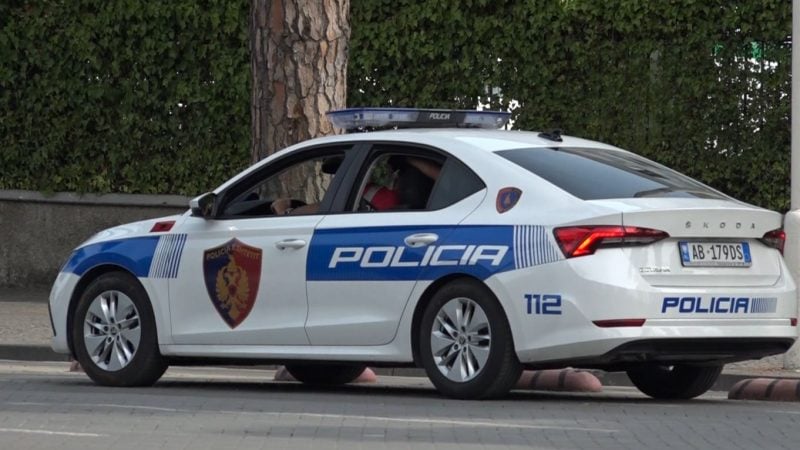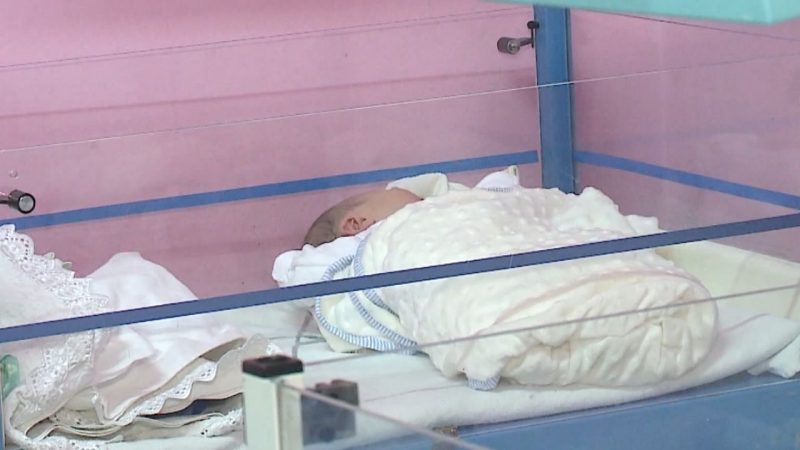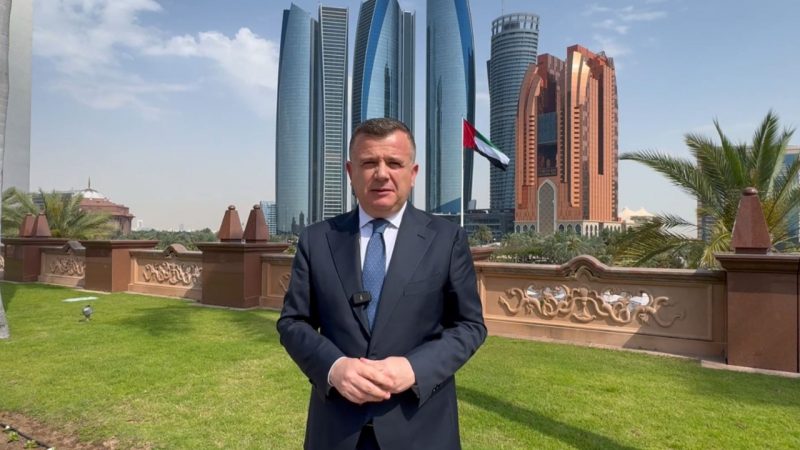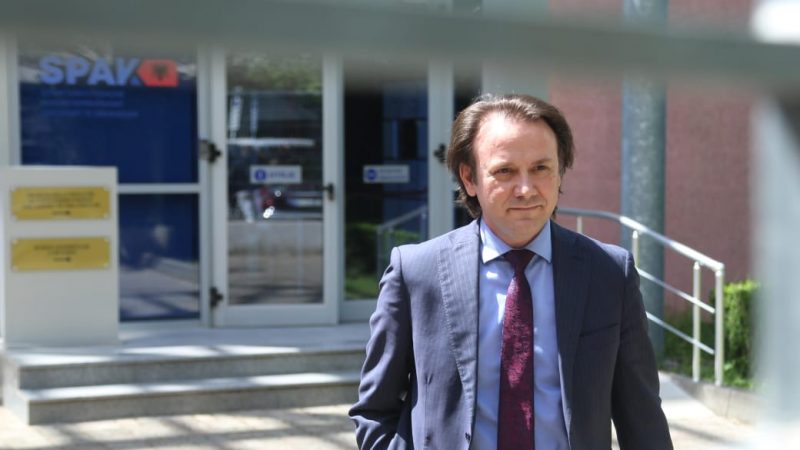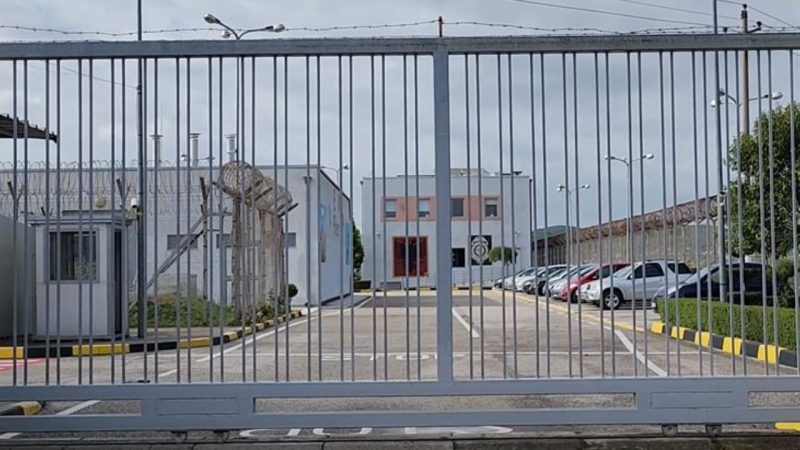 119 convicts are released from Fier prison today, others benefit from Criminal Amnesty in reduced sentences
119 convicts are released from Fier prison today, others benefit from Criminal Amnesty in reduced sentences
18/08/2011 15:00

The German ambassador in Tirana, Carola Holtkemper commented on the
report of OSCE-ODIHR by emphasizing that both parties should read it
carefully, because it is not all black and white.
Mrs. Holtekemper referred to the report and said that the Central Election Commission and the Electoral College are two politicized institutions, not independent.
TCH: Your excellence, thank you for giving this interview for Top-Channel. While visiting Korçë you declared that you would comment May 8th elections after the report of OSCE-ODIHR would be published. Now that the report was published, what is your evaluation for these elections?
Ambassador: The report of OSCE-ODIHR gives a realist picture for what happened before, during and after the end of the electoral process. I want to underline that it is very detailed and I recommend everyone to read it carefully, from the beginning to the end, especially the recommendations.
Let us see its strongest point. The Election Day was calm and media coverage was positive. There were fewer irregularities throughout Albania than in the past. But in Tirana there were problems with the counting process. The same was with the justice process, and with this I mean the Electoral College and the Central Election Commission.
What concerned you most?
Ambassador: It is clear that CEC and the Electoral College work in a climate that is based on a relationship between colleagues. Due to their composition, they are biased and follow the line of one party. This is one of the recommendations by the end of the report which should be addressed to, for having a different composition that would make these institutions more professional and less political.
Based on what you just said, do you mean that these institutions are not independent?
Ambassador: Based on the report and on our impressions, the members of these institutions are chosen by the political parties, and their decisions belong to one party. As I have said several other times, the purpose should be for finding what the voters want. We have noted a lack of coherence in the realization of this purpose.
You declared from Korçe that you didn’t know where the half of the Albanian voters’ will had gone. Now that we have the report, can you give an answer to this question? Where did Tirana citizens’ will go?
Ambassador: The report gives a good picture of what happened and of the elections performance. It is not black or white, as many people would expect. It is not even blue or red, as the colors of the biggest political parties. I would say that it is a grey, more or less like Picasso’s Guernica, a little dramatic.
Now that you mentioned the Albanian political parties, both DP and SP have made a different interpretation to the report. How do you think that it should be read?
Ambassador: It should be read with great attention, but I would recommend the readers to read the entire report, especially page 29 and 30, and also the recommendations. They will find very valuable advices there.
The 36 pages of the report do not mention the word “standard”. Do you think that May 8th elections fulfilled the standards?
Ambassador: These local elections were better than the previous ones, but they do not fulfill yet the requests set by the OSCE benchmark and that of the Council of Europe, which is what we expect for the European integration. I think that the Albanians are on the right track and they have the chance to follow the recommendations for achieving higher standards.
We have seen recently high-rank German politicians visiting the region, but not Tirana. It has been commented that they have left Albania out due to the current political climate. Is that true?
Ambassador: You must understand that we cannot bring the entire German cabinet in Albania. It is true that the Chancellor Angela Merkel visited Croatia and Serbia to discuss important issues regarding Kosovo. The Foreign Minister Westerwelle visited Kosovo and spoke about the importance of its territorial authority. The Minister for Economic Cooperation, Niebel, also stayed for three days in Albania, and this doesn’t happen very frequently.
Top Channel
 119 convicts are released from Fier prison today, others benefit from Criminal Amnesty in reduced sentences
119 convicts are released from Fier prison today, others benefit from Criminal Amnesty in reduced sentences 24/04 15:47



